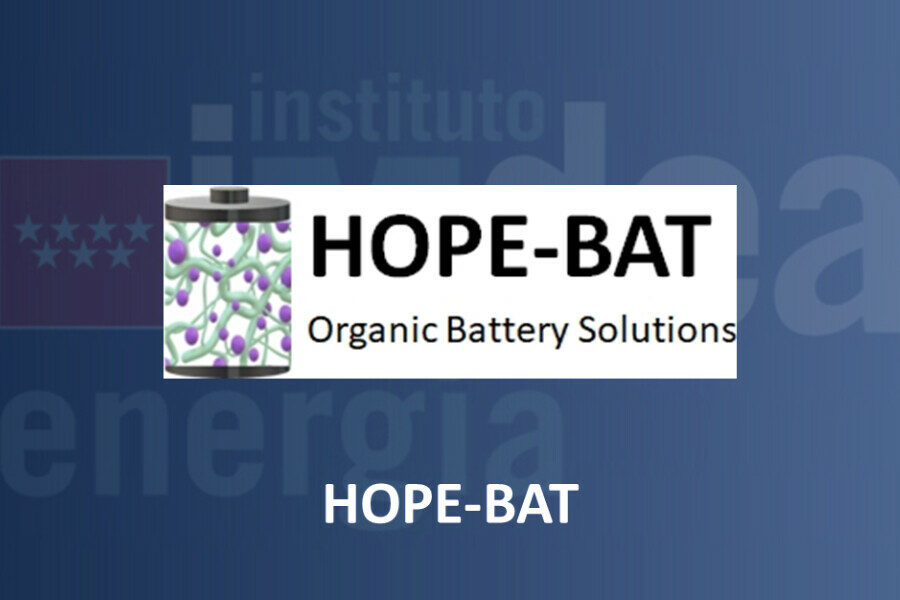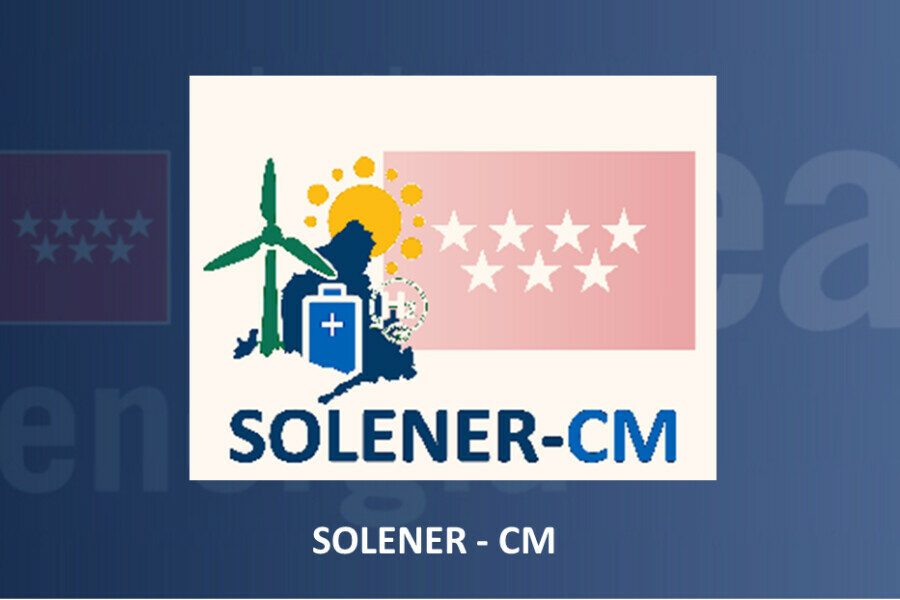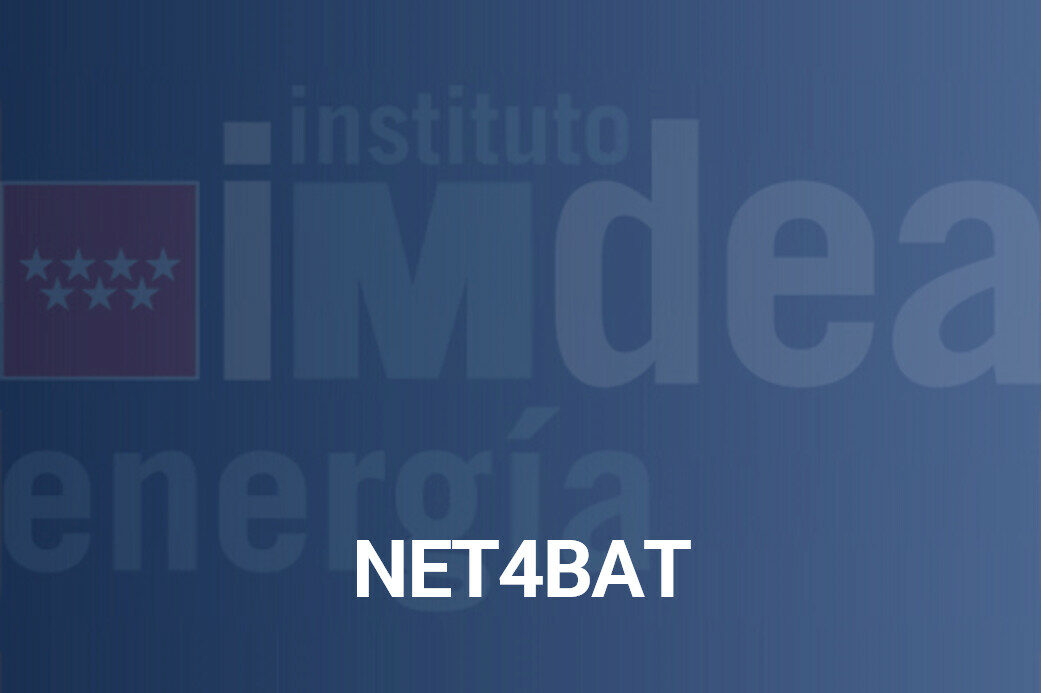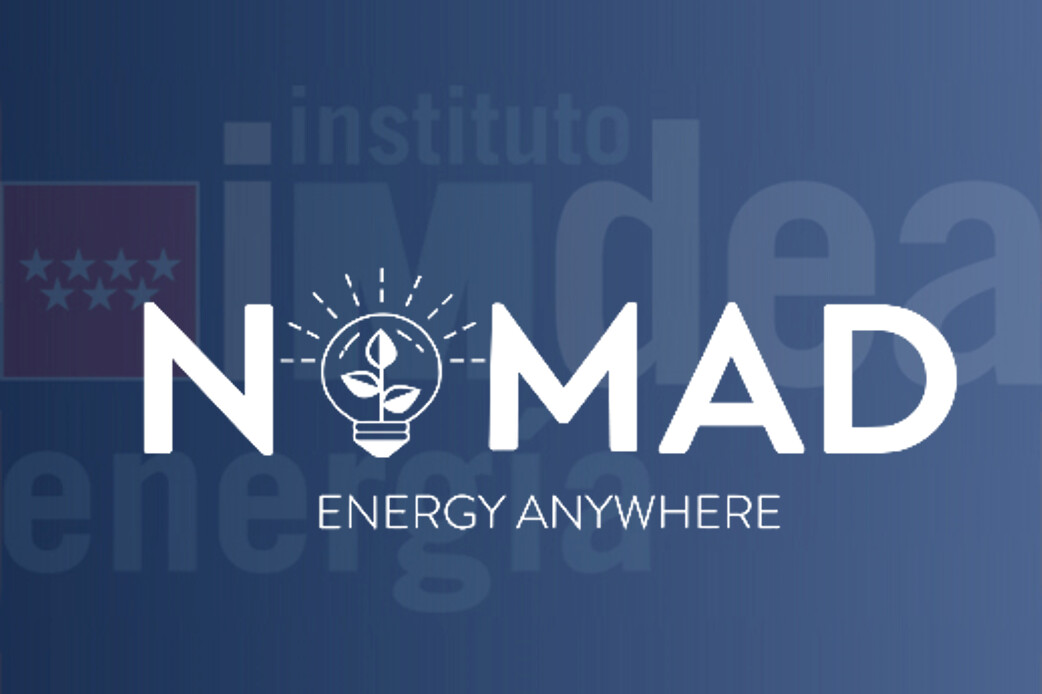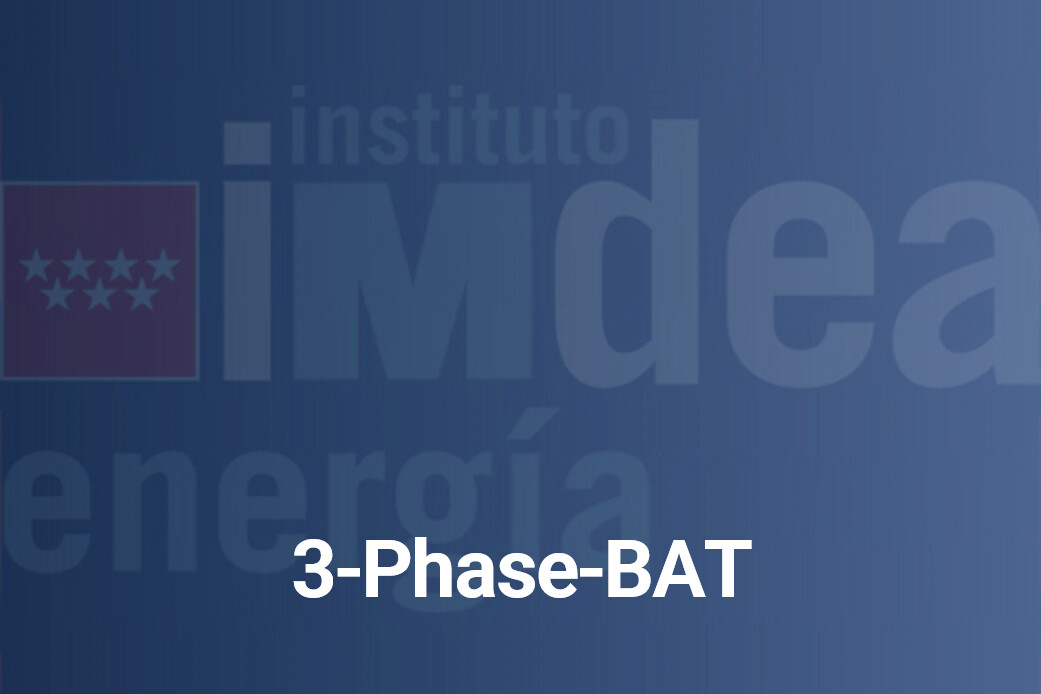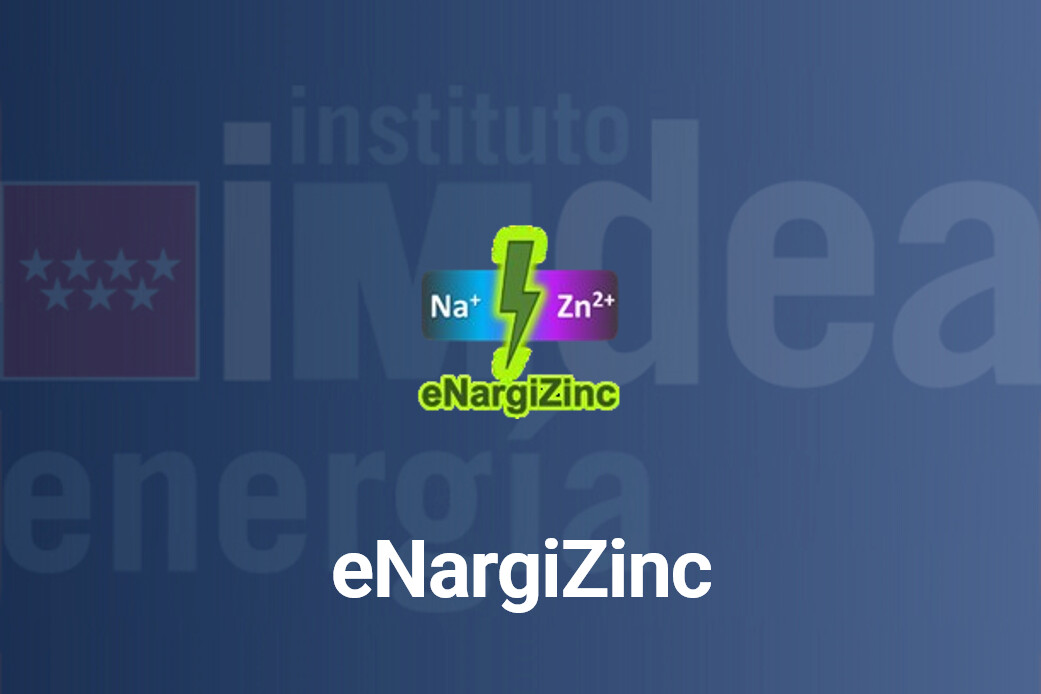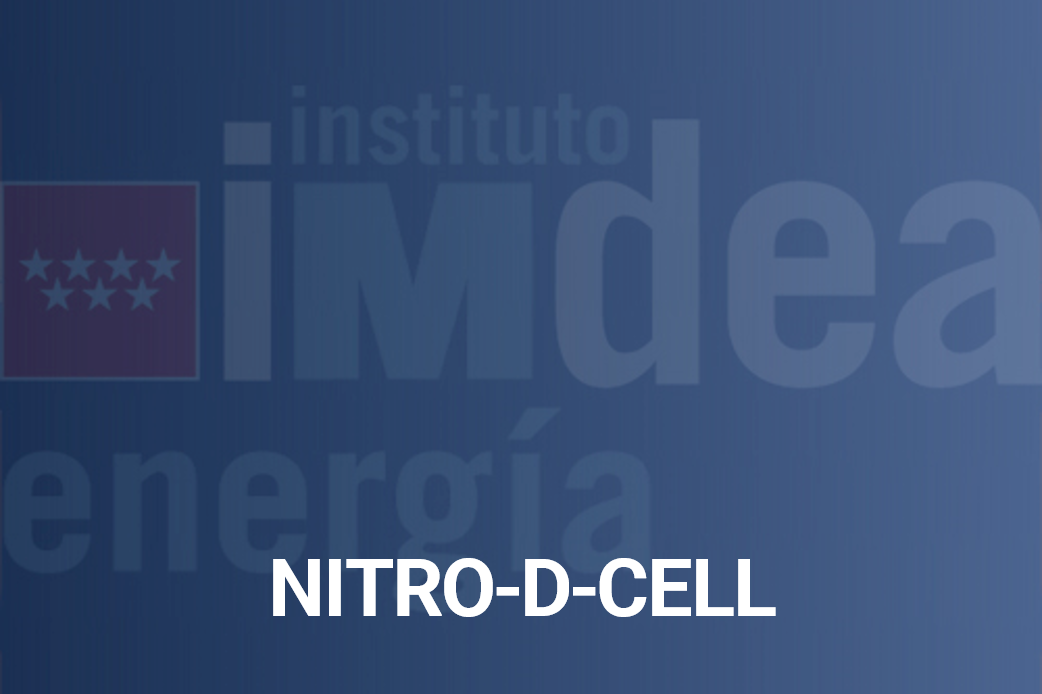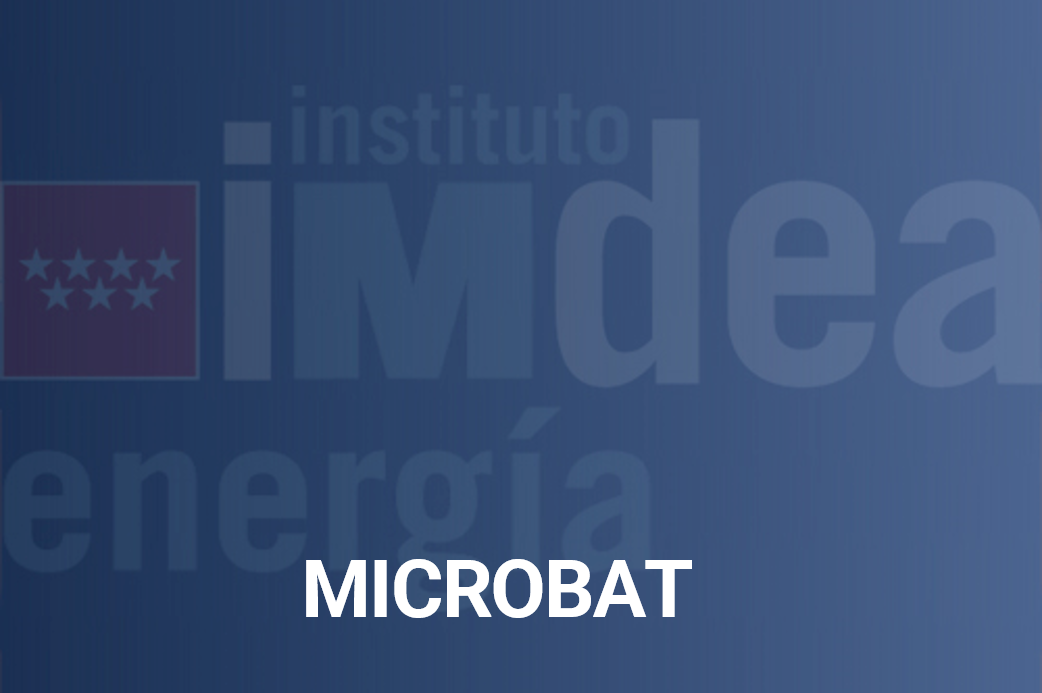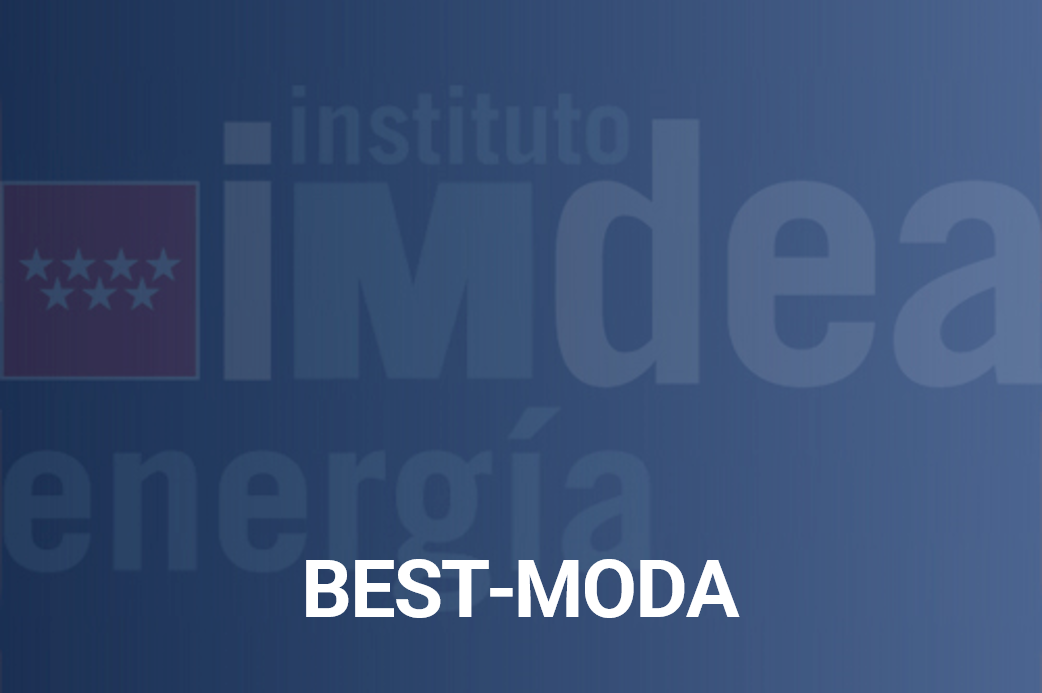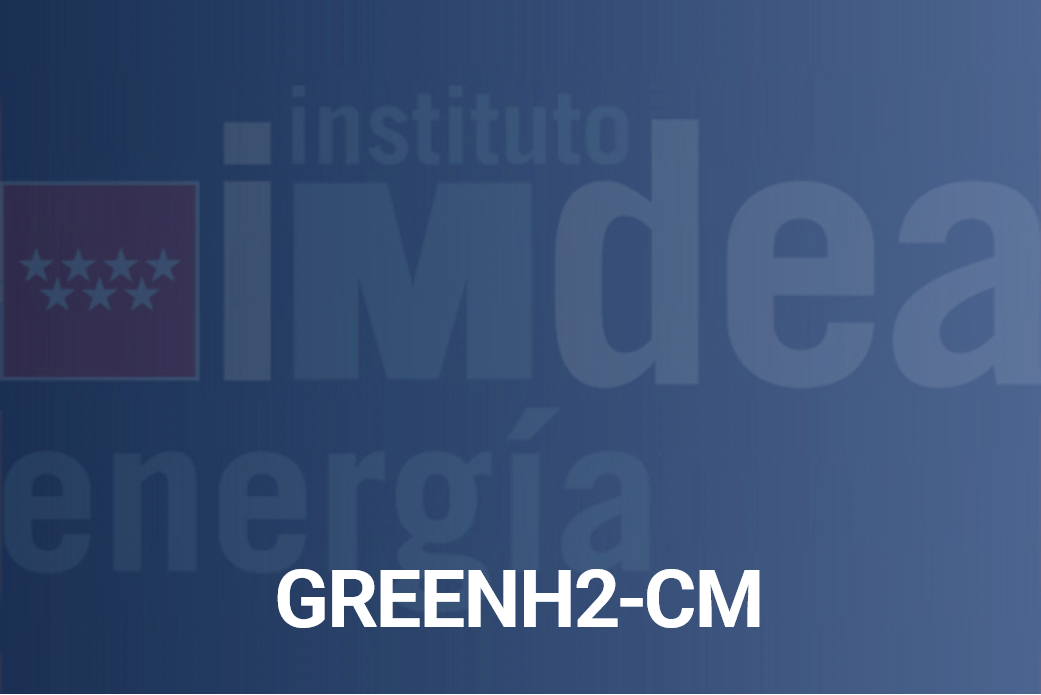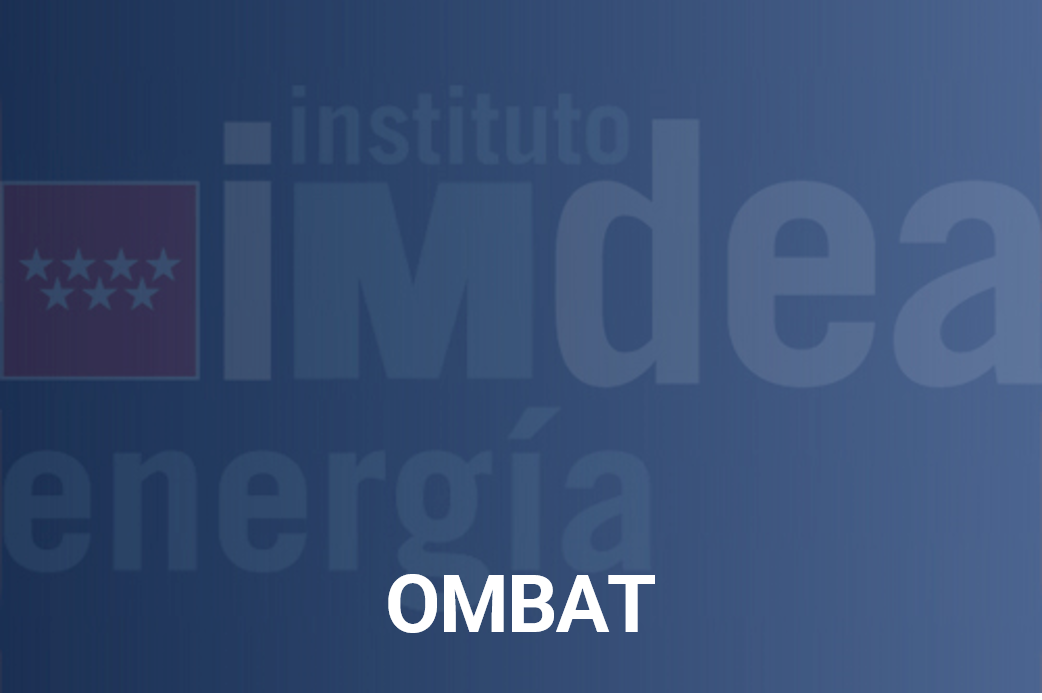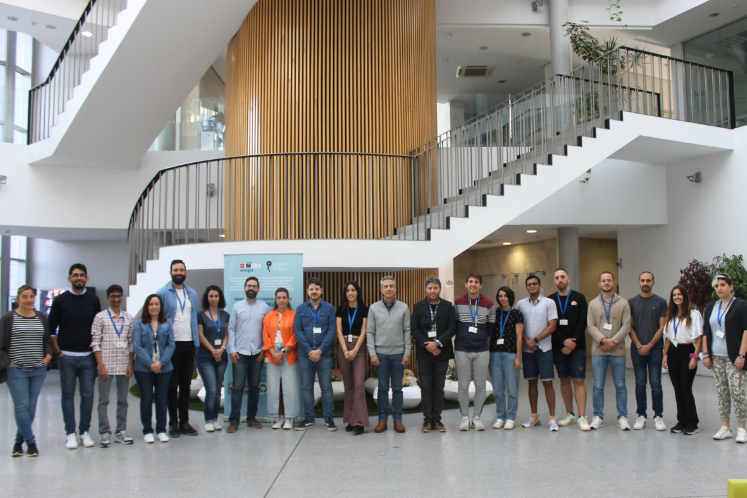
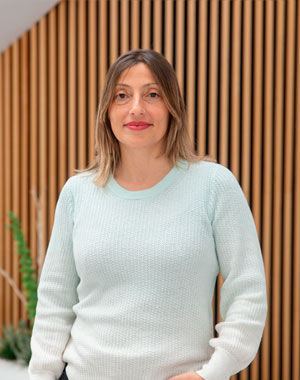
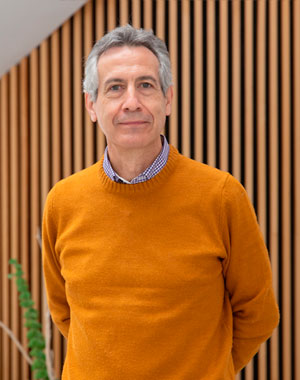
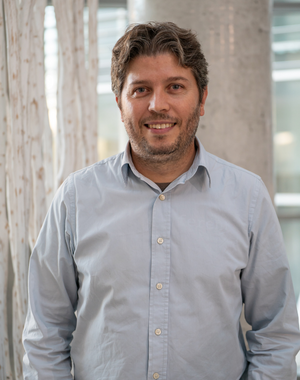
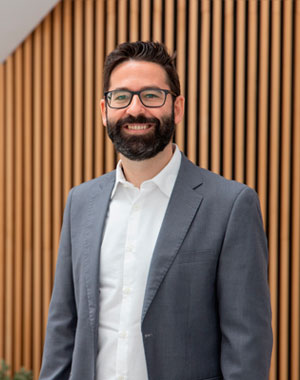

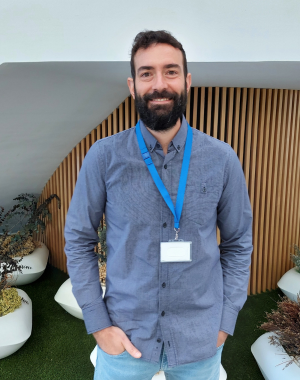

The main objectives of the Electrochemical Processes Unit are to develop new devices for electrochemical energy storage and for environmental applications in the field of the water-energy nexus. The energy storage systems developed by our unit are designed to facilitate the manageability of renewable energies, to make buildings more sustainable and to promote the electrification of transport. At the water-energy nexus, new concepts are developed for the selective capture and separation of salts, metal ions and other dissolved species in natural or waste water. The Unit’s research programme focuses on how new materials, designs and modes of operation can improve the performance of these systems, facilitate their deployment, extend their lifetime and simplify their reuse or recycling.
Research lines
- Development of supercapacitors with improved performance maintaining power density, cycle life and charge-discharge efficiency. Multifunctional capacitors; structural, flexible, or transparent.
- Design and scale-up capacitive deionization processes to produce fresh water from highsalinity natural or waste water. Investigation of faradaic concepts/materials to be applied in water treatment targeting to improve the production of fresh water. Search for faradaic materials for selective ion capture and separation.
- Design and build flow batteries with novel chemistries to improve the technology in two ways: (1) increasing energy density and (2) reducing costs per kWh stored.
- Research on materials and designs to develop rechargeable metal-air batteries.
- Research on materials and components to improve their performance, sustainability and recyclability.
- Establishment of new testing methodologies for batteries, supercapacitors and other electrochemical devices.
Facilities
The infrastructure of the Electrochemical Processes Unit includes two laboratories and a pilot plant equipped with a variety of instruments and equipment that facilitate a range of capabilities from fundamental research and modelling of chemical composites and materials, to rapid prototyping and pilot-scale testing.
R&D projects
Outstanding results
- MFreeB project. The Membrane-Free Redox Flow Batteries (MFreeB) project proposes a disruptive, versatile and scalable redox flow battery in which the vanadium pairs currently used are replaced by low-cost, abundant and environmentally friendly organic molecules, and in which the problematic ion exchange membrane that serves as a separator between electrolytes is eliminated thanks to the development of immiscible redox electrolytes. This project, led by Dr Rebeca Marcilla, has received funding from the European Research Council (ERC), within the European Union’s Horizon 2020 Research and Innovation programme, with grant agreement no. 726217. Call: ERC-CoG-2016 – ERC Consolidator Grant. Period of implementation: June 2017-November 2023.
- MeBATTERY Project: Mediated Biphasic Battery. The overall objective of the MeBattery project is to lay the foundations for a new generation battery technology that overcomes the critical limitations of state-of-the-art battery technologies and has an excellent balance between these key performance indicators. This project has received funding from the European Innovation Council (EIC) under the European Union’s Horizon Framework Programme for Research and Innovation under contract No. 101046742. Call: HORIZON-EIC-2021-PATHFINDEROPEN-01-01. Realisation period: May 2022 – April 2025.
- Sergio Pinilla E4F Grant. Dr. Sergio Pinilla has obtained one of the Energy for Future (E4F) postdoctoral grants, an initiative of the Horizon 2020 MSCA-COFUND programme coordinated by the Iberdrola Foundation that aims to offer international, interdisciplinary and intersectoral training grants in the field of clean and sustainable energy. IMDEA Energy has been the organisation chosen by Dr. Pinilla to carry out his research project entitled “All-solid-state batteries based on polymeric compounds (PoliSolidBat)”. Period of implementation: April 2022 – April 2024.
- Nagaraj Patil’s Juan de la Cierva-Incorporation Fellowship. Dr. Nagaraj Patil has been awarded one of the postdoctoral grants in the 2020 call for Juan de la Cierva-incorporation grants from the State Research Agency (IJC2020-043076-I). Period of implementation: April 2022 – April 2025.
- Julio Lado Talent Attraction Grant. Dr. Julio Lado has obtained a grant from the 2020 call for grants aimed at attracting research talent for their incorporation into research groups of the Community of Madrid (2020-T1/AMB-19799). His project is entitled “Selective Electrochemical Separation Technologies (SELECVALUE)”. Period of implementation: January 2022 – December 2026.
- Andreas Mavrantonakis Talent Attraction Grant. Dr. Andreas Mavrantonakis was awarded a grant from the 2017 call for grants aimed at attracting research talent to join research groups in the Community of Madrid (2017-T1/AMB-5264). Her project is entitled “Computer-Aided Design of Functional Nanomaterials for Energy Storage Applications (CADFUNES)”. Period of implementation: January 2018 – December 2022.
- Defence of the doctoral thesis of Maite Páez. On 24 February 2022 Mª Teresa Páez Viñas defended the doctoral thesis entitled “High energy density flow batteries based on redox mediators”, developed at the Electrochemical Processes Unit of IMDEA Energy under the supervision of Dr. Jesús Palma, researcher at IMDEA Energy, and Dr. Edgar Ventosa, currently attached to the University of Burgos.
- Granting of international patent. On 3 March 2022, the World Intellectual Property Organisation granted IMDEA Energy
the patent entitled “Recyclable Electrode Cell”, which received the publication number WO2022043542. The inventors are the researchers J. Lado, E. Ventosa, D. Pérez, E. García-Quismondo and J. Palma.

